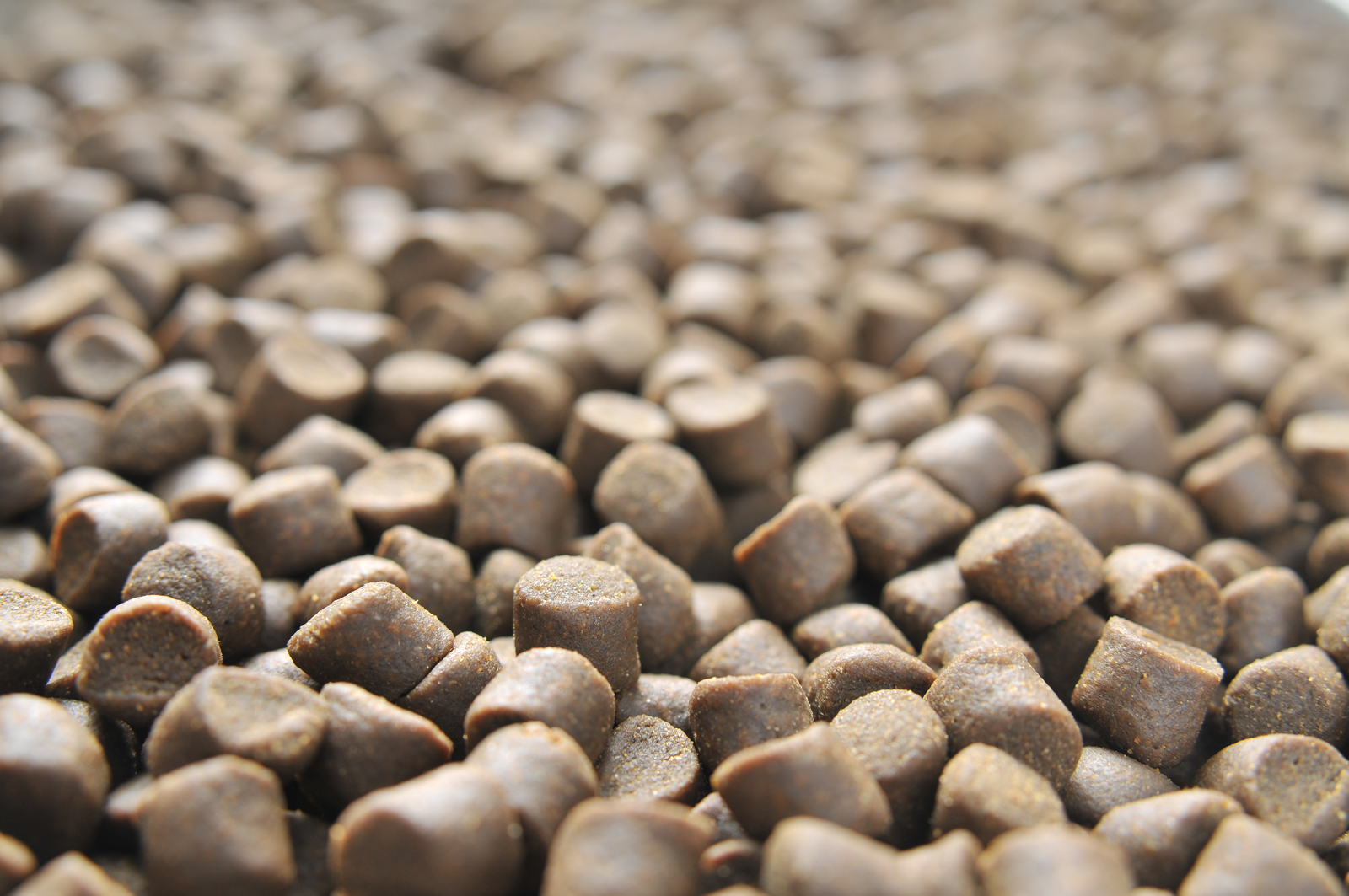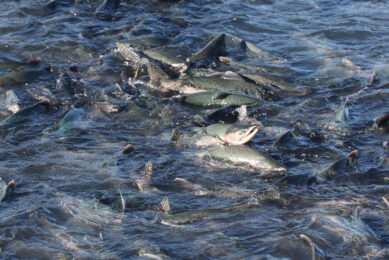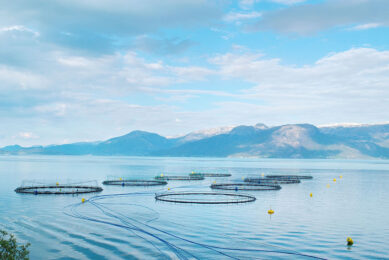Camelina plant oil can substitute as oil in fish feed

Rothamsted Research scientists have shown oil derived from Camelina plants that have been genetically modified to produce omega-3 fish oils is suitable for feeding Atlantic salmon.
Consumption of omega-3 fish oils, specifically long-chain polyunsaturated fatty acids (omega-3 LC-PUFA), through eating oily fish like salmon and mackerel, has been linked with improved cardiovascular health and cognitive development.
In a BBSRC (Biotechnology and Biological Sciences Research Council) -funded project between the University of Stirling and the BBSRC strategically-funded institute Rothamsted Research, scientists developed genetically modified (GM) plants that can produce up to 20% of eicosapentaenoic acid (EPA), one of the two omega-3 LC PUFA conferring health benefits.
A gap between supply and demand of fish oils
The primary dietary sources of these fatty acids are wild or farmed fish. Fish accumulate the omega-3 fish oils through eating other organisms in the marine food chain or, in farmed fish, through fishmeal and fish oil in feeds. Currently there is a gap between supply and demand for these fish oils and new sources are required for the aquaculture industry and for direct human consumption.
Extracted oils from the plants grown in the glass house were used as a replacement for marine fish oil in feeds for Atlantic salmon. Growth performance, feed efficiency, fish health and nutritional quality for the human consumer were unaffected when dietary fish oil was substituted with oil from the GM plants. The study is published in the journal Scientific Reports.
Renewable terrestrial source of omega-3 fish oils
Rothamsted Research scientists have being carrying out research into metabolically engineering plants to produce omega-3 fish oils for more than 15 years. In the current study they used five microalgal and fungal genes to engineer Camelina plants (Camelina sativa) in order to generate a renewable terrestrial source of omega-3 fish oils.
You can read the full study here.
Join 26,000+ subscribers
Subscribe to our newsletter to stay updated about all the need-to-know content in the feed sector, three times a week. Beheer
Beheer









 WP Admin
WP Admin  Bewerk bericht
Bewerk bericht